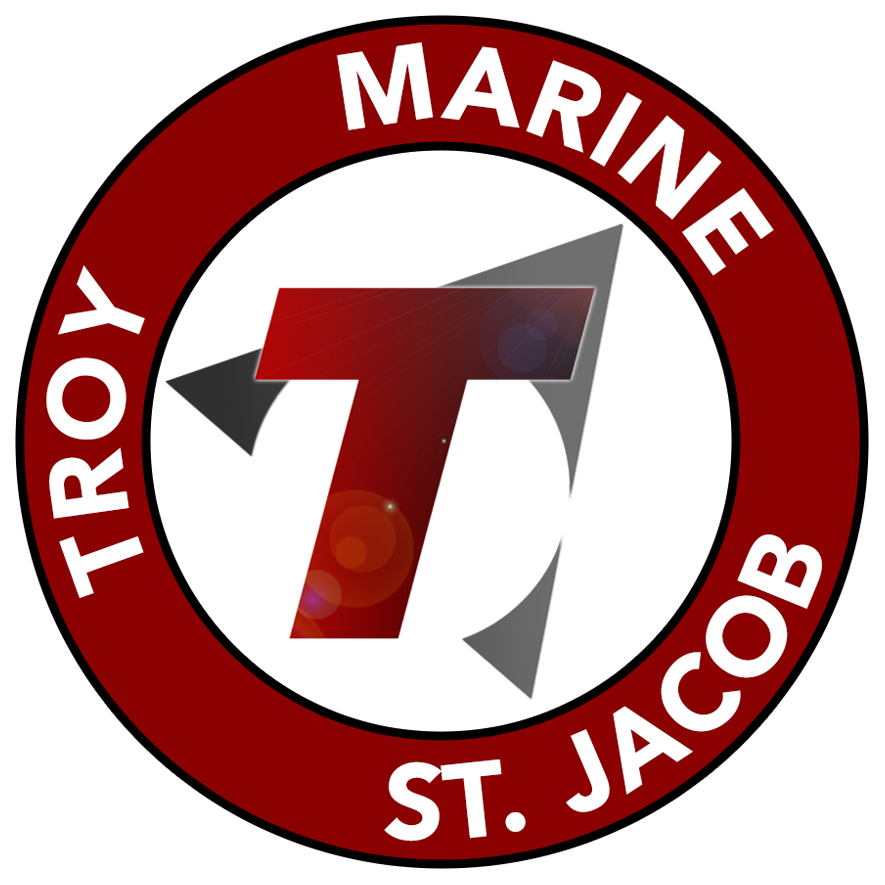Fourth Grade
Grade 4 Math Curriculum Framework
LINKS
Operations & Algebraic Thinking
Solve word problems using multiplication and division and use drawings and equations to show my work.
Solve multistep word problems using the four operations and drawings, and am able to interpret their remainders.
Show problems using equations with a letter standing for the unknown variables.
Analyze an answer to determine if it is reasonable and makes sense (using mental computation and estimation strategies).
Tell all factor pairs and multiples for whole numbers between 1-100.
Numbers & Operations: Fractions
Make and explain equivalent fractions.
Compare two fractions with different numerators and denominators (determine which is greater than, less than, equal to, closer to 1, etc.)
Break up fractions into smaller fractional parts (3/8= 1/8+1/8+1/8) (3/8=1/8+2/8)
Solve word problems involving addition and subtraction of fractions and mixed numbers (using pictures, tools and equations).
Solve word problems involving multiplication of a fraction by a whole number.
Convert fractions to decimals with denominators of 10 and 100, and I can make a fraction into a decimal number.
Compare two decimals numbers in the hundredths using (greater than, less than, equal to).
Numbers & Operations: Base Ten
Identify the value of a digit based on its place value.
Read and write multi-digit whole numbers in many forms (base ten numerals, number names and expanded form).
Round multi-digit whole numbers to any place.
Easily add and subtract multi-digit whole numbers.
Multiply two multi-digit numbers.
Explain the multiplication process using equations, rectangular arrays and/or area models.
Find the answer (with remainders) and explain division problems with up to four-digit dividends and one-digit divisors.
Measurement & Data
Know the different sizes of measurement units within each unit system. (km-mcm; hr-min-sec; lb-oz; l-ml; kg-g).
Express measurements by converting larger units into smaller units.
Use the four operations to solve word problems involving distances.
Use the four operations to solve word problems involving intervals of time.
Use the four operations to solve word problems involving liquid volumes and masses of objects.
Use the four operations to solve word problems involving simple fractions or decimals.
Represent measurement quantities using diagrams (number line, bar graph, etc.)
Apply the perimeter formula for rectangles in real world and mathematical problems.
Apply the area formula for rectangles in real world and mathematical problems.
Know the concept of angle measurements, and can measure angles.
Grade 4 Literacy Curriculum Framework
Literature
Use what I know and give examples from the text to support an inference
Summarize the text
Tell who is narrating the story (ie. first person, third person)
Compare and contrast themes and topics
Compare and contrast 2 or more characters, settings or events
Informational Text
Use what I know and give examples from the text to support an inference
Summarize the text in my own words
Explain what happened, when it happened and why
Use text features (graphs, captions, charts, pictures and headings)
Foundational Skills
Use prefixes, suffixes, roots and bases to read
Read the way I talk with expression
Writing
Write an opinion essay with an introduction, reasons supported by facts and details, and a concluding statement
Write a narrative essay include an introduction of the characters and the situation, dialogue and sensory details to convey experiences, transition words to manage the sequence of events and a conclusion
Write an informative essay and research papers that include a clear topic, organized paragraphs with supporting details and examples, related vocabulary and a conclusion
Plan, revise and edit my writing
Speaking and Listening
Share my ideas and listen to others
Clearly present information to my classmates
Language
Write a complete sentence with correct capitalization and punctuation
Write a sentence and the subject and verb agree
Identify and use similes
Identify and use metaphors
Identify and use idioms
Give examples of synonyms and antonyms
Use strategies to read unknown words
Use science vocabulary to explain what I know
Use social studies vocabulary to explain what I know
Science and Social Studies Framework
Grade 4 Curriculum Resources
Houghton Mifflin Harcourt's - Into Reading
McGraw-Hill: My Math
IXL
Mystery Science
Studies Weekly
Grade 4 Technology
1:1 Chromebooks
Summer Reading Suggestions for Kids Going into Fifth Grade
Sports Stories
Baseball Fever by Johanna Hurwitz
Benjy the Football Hero by Jean Van Leeuwen
Bobby Baseball by Robert Kimmel Smith
Dog on Third Base by Constance Hiser
Gold Medal Rider by Bonnie Bryant
Tall Man in the Pivot by Matt Christopher (There are many other sports stories by this author)
Series Books
The Babysitter's Club by Ann M. Martin
Boxcar Children by Gertrude Chandler Warner
Goosebumps by R. L. Stine
The Hardy Boys by Franklin W. Dixon
Marvin Redpost series Louis Sachar
Nancy Drew Mysteries by Carolyn Keene
A Series of Unfortunate Events by Lemony Snicket
The Stories that Julian Tells by Ann Cameron
The Sisters Grimm Series by Michael Buckley
Other Fiction Books
Charlie and the Chocolate Factory by Roald Dahl
How to Eat Fried Worms by Thomas Rockwell
James and the Giant Peach by Roald Dahl
Nonfiction Books
Scholastic True or False (series) by Melvin and Gilda Berger
Scholastic Who Was____? (biography series) by various authors
Any other nonfiction books at your child's level are great for summer reading
